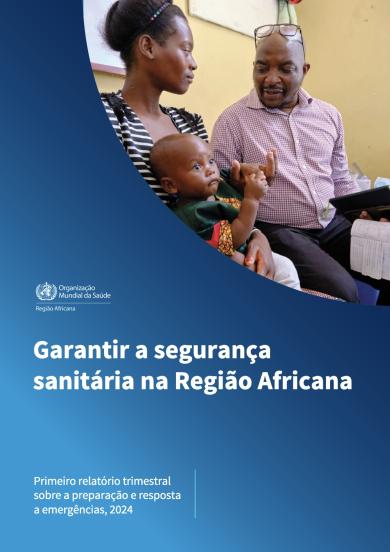Public health emergencies in the African Region present a complex and multifaceted challenge that demands a comprehensive and collaborative response. The Region carries the highest burden of public health emergencies globally, with over 100 major events reported each year. Often, these emergencies, which include outbreaks of Ebola, cholera, measles, yellow fever, meningitis, and monkeypox, severely impact vulnerable populations, strain fragile healthcare systems, disrupt essential health services, and threaten the economy.
Strengthening Africa's Resilience in the Face of Emergencies
In the face of these challenges, the World Health Organization African Region (WHO AFRO) stands committed to saving lives and reducing suffering during times of crisis, whether caused by conflict, disease outbreaks, or natural disasters. Aligned with the International Health Regulations, WHO AFRO collaborates closely with countries and partners to rapidly identify, verify, and respond to incidents of international public health concern. Our mission is to enhance preparedness and response capabilities, strengthen healthcare systems, and ensure that the people of Africa receive the support they need to mitigate the impact of public health emergencies.




